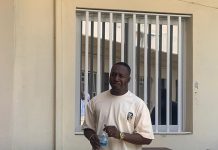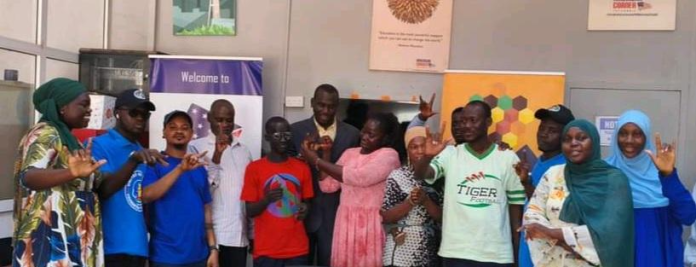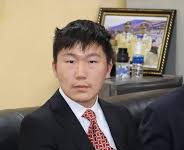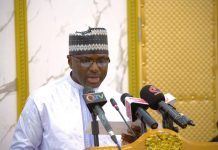By Assan Bah
Disability rights groups in The Gambia have renewed calls for the government to provide sign language interpreters in hospitals, schools, courts, and public offices, stressing that deaf and hard-of-hearing people deserve equal opportunities to communicate and live with dignity.
The appeal came during a symposium organised by the Foundation of Civic Rights of Persons with Disabilities (FCRPD) to mark International Deaf and Sign Language Day. The event brought together members of the Gambia Deaf Women’s Society and the United Abilities Foundation Gambia (UAFG), alongside other activists, to highlight the daily struggles of the deaf community.
Mr. Samba Jaiteh, founder and chairperson of FCRPD, underscored that sign language is not a privilege but a basic human right.
“Sign language is a human right for millions of deaf and hard-of-hearing people across the globe,” he said. “The lack of access to sign language in schools, hospitals, and courts has denied us our rights to freedom of communication, information, and expression.”
Jaiteh urged the government to integrate sign language into the national school curriculum. “Every person with disability counts, no matter how small they are. Neglecting sign language means neglecting someone’s right,” he said.
Mrs. Binta Badjie (Werkman) of the Gambia Deaf Women’s Society said sign language is central to their identity yet remains sidelined in workplaces, schools, and hospitals.
“Sign language is our culture. When you see sign language, you see the deaf people,” she declared. She described the struggles deaf women face during childbirth, often forced to find their own interpreters to communicate with doctors. “When one is in labour, she must provide a sign language interpreter herself, which is sometimes impossible.”
Mr. Alhaji S. Barrie of UAFG emphasised that society has a duty to protect and empower people with disabilities.
“Every person—differently abled or abled—should have equal opportunity to education, employment, and healthcare,” he said. “Protecting deaf people is not charity. It’s a duty of society to ensure dignity, equality, and inclusion for all.”
Lamin Ceesay of FCRPD echoed these concerns, stressing that communication barriers remain the deaf community’s greatest challenge.
“Imagine going to a hospital to explain your illness or understand your diagnosis, but you can’t communicate with your doctor,” he said. “Without interpreters, this can put lives at serious risk.”
Ceesay also warned that the absence of sign language exposure in early childhood stunts the educational, career, and emotional development of deaf children. He urged employers to ensure inclusivity in workplaces by providing interpreters during interviews and meetings.
“Deaf people are always side-lined in events because no one communicates with them,” he said. “We cannot move as a just society without sign language. We must commit to changing our surroundings.”
The symposium ended with a united call: sign language must be recognised, respected, and made available across all sectors of Gambian society.




















